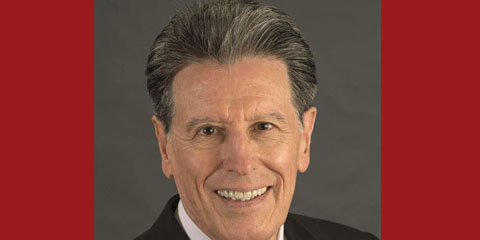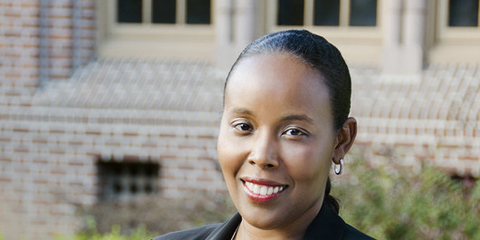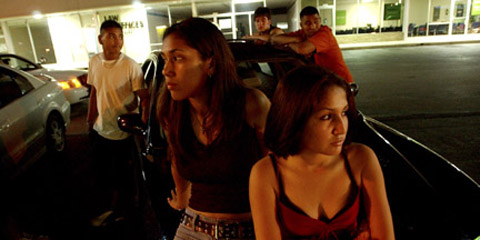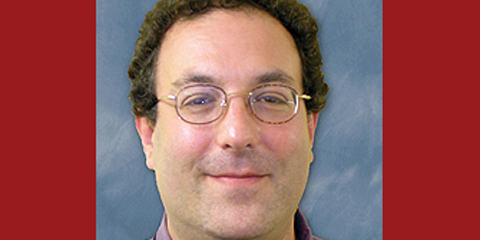News Archive
Research
-

America is aging.
By 2050, the number of adults aged 65 years and older will nearly double; the number of elders of color will more than triple. The notion of advancing public health for older Americans may seem contradictory in our youth-oriented culture, yet people aged 65 years have an average of almost 20 years or more remaining in their lives, an increase of more than 50 percent during the past century.
-

The Children’s Data Network (CDN) at the University of Southern California School of Social Work has added two more comprehensive “snapshots” to Connecting the Dots, its online resource for policymakers, public agencies, community groups, the media and others interested in current research about the health and well-being of children, families and communities in Los Angeles County.
-

Whether they are aware of it or not, most social workers are advocates.
They might help a client apply for certain benefits or access needed services. Perhaps they assist someone with navigating the complicated process of applying for health care coverage. However, few clinicians move beyond that work with individuals to engage at a broader level, advocating for changes in their organizations or society as a whole.
-

An open hand gives in abundance, even as it receives.
It’s a saying that has been passed down in Robynn Cox’s family for generations. It’s also a maxim that has guided her research on the societal and economic consequences of mass incarceration, particularly in the black community.
-

A call comes in to the child welfare hotline. The caller reports that a child is being maltreated.
The operator has to make a decision. Are the allegations serious enough to open an investigation? Is the child in immediate danger? What services does this family need?
-

As teenage girls, they were enmeshed in the dangerous world of gangs in some of San Antonio’s rougher neighborhoods.
Now approximately 15 years later, what effect has that experience had on the lives of young Hispanic women?
Researchers at the USC School of Social Work will explore that question in a new $3 million study funded by the National Institute on Drug Abuse.
-

After a decades-long fight to highlight the dangers of cigarettes, researchers are growing increasingly concerned about a new slate of alternative products that is becoming popular among teens.
The use of electronic cigarettes, hookah and other less-regulated forms of tobacco by adolescents has spiked in recent years, a trend bolstered by a new study published in the Journal of Adolescent Health.
-

A new book examines how companies in diverse international settings can assist their employees with personal problems that adversely affect performance and productivity.
Global Perspectives of Employee Assistance Programs is the first book to explore the employee assistance program (EAP) concept in the international context, said R. Paul Maiden, executive vice dean and professor at the USC School of Social Work.
-

Before Lisa Higuera became a student at the USC School of Social Work, she worked at pro-bono law firm Public Counsel helping underserved families access an education for their children. A daughter of immigrants, Higuera wanted to help families like hers reach their children’s educational goals by eliminating social barriers.
However, it didn’t take long for her to realize there was a bigger problem that needed to be addressed.
-

How can schools provide an optimal setting for both learning and growth that helps children overcome adversity?
It’s a question Ron Avi Astor plans to bring to the forefront of his work as a newly elected member of the National Academy of Education, an elite organization focused on advancing high-quality education research and policy.